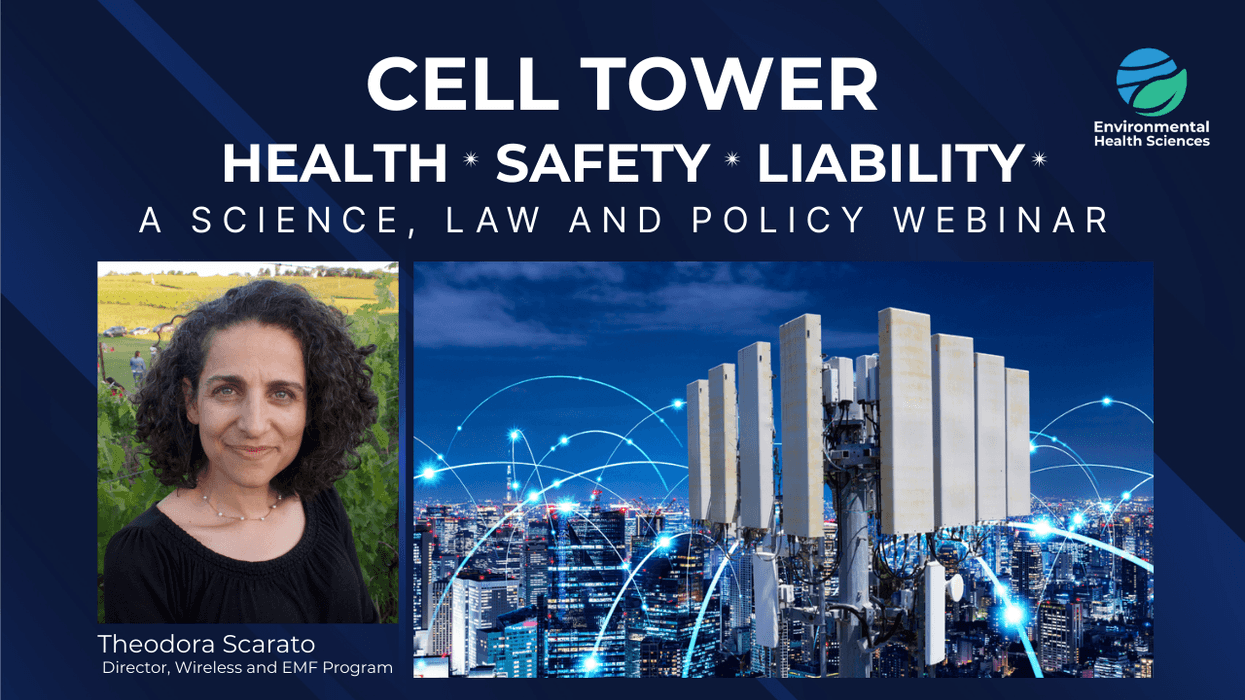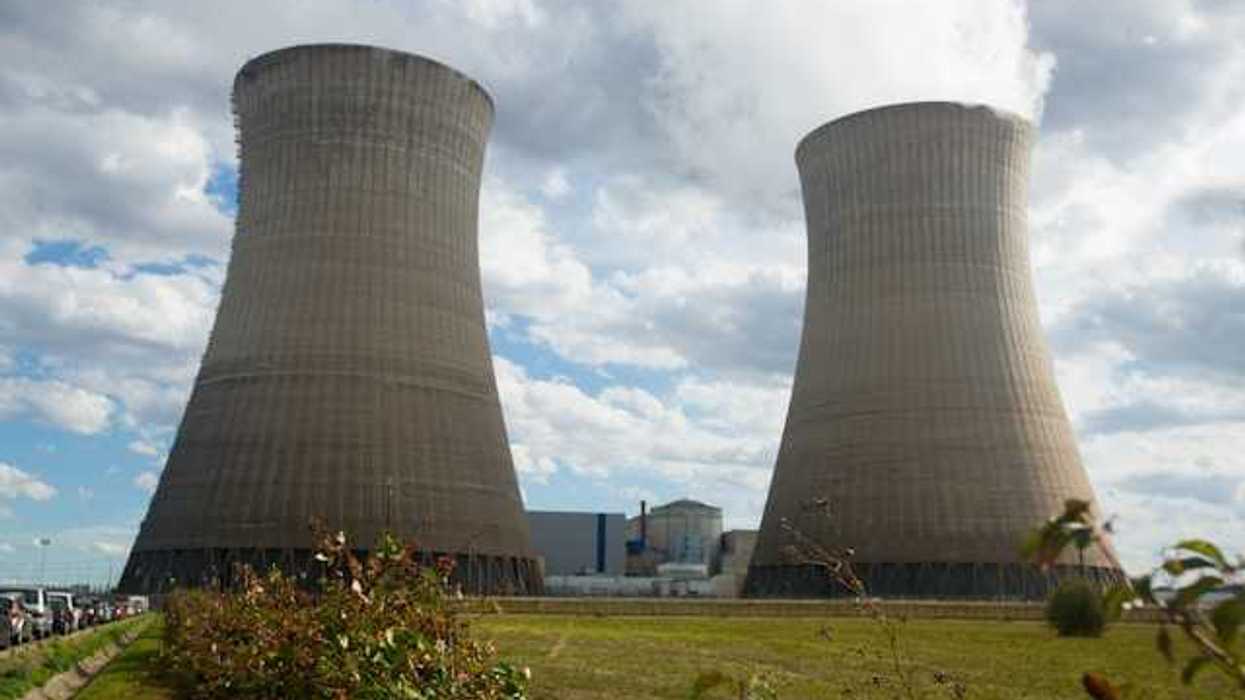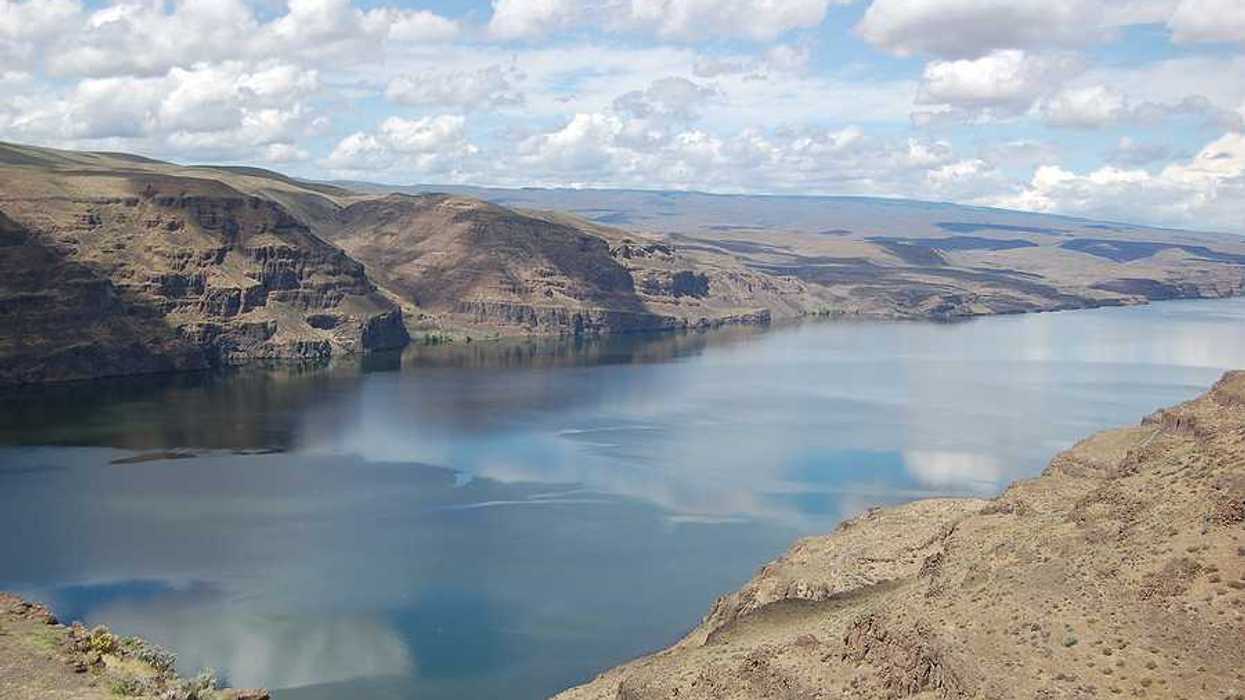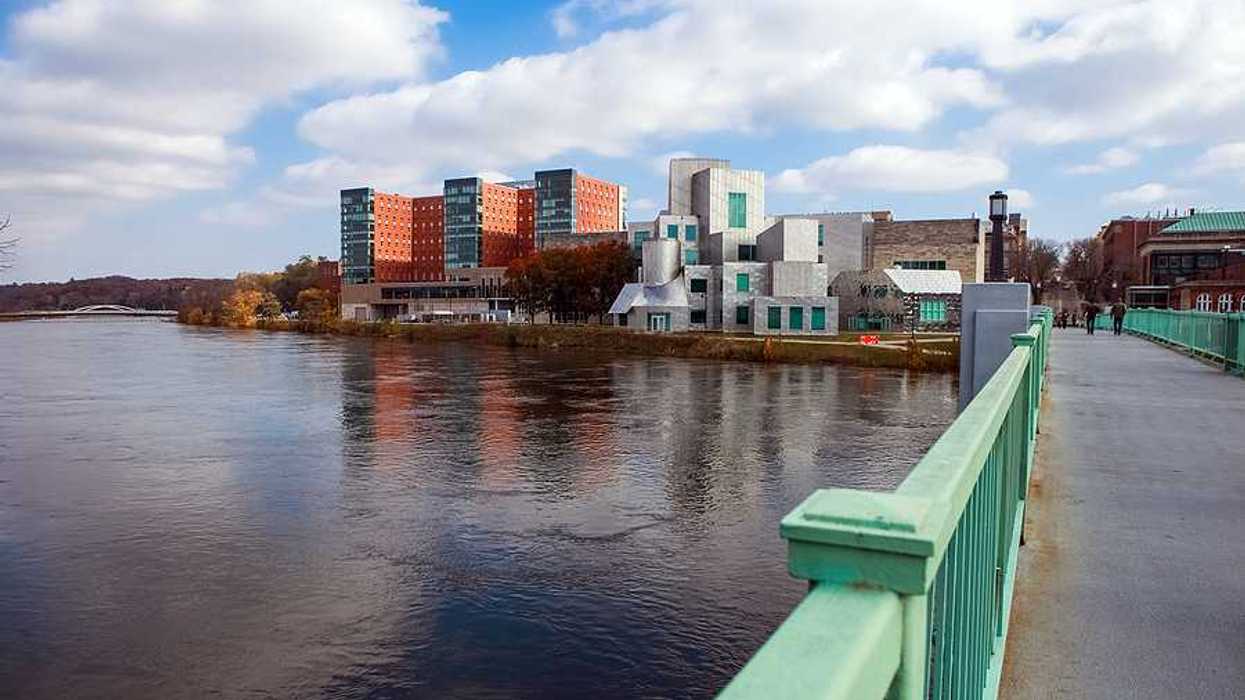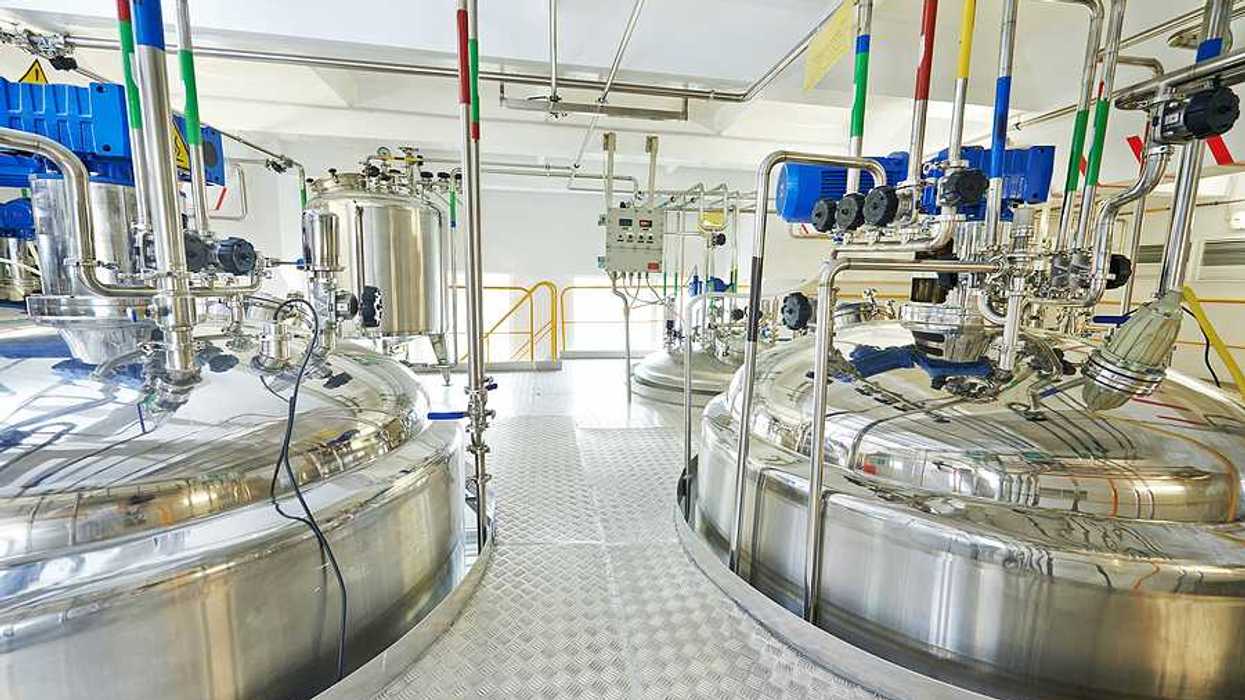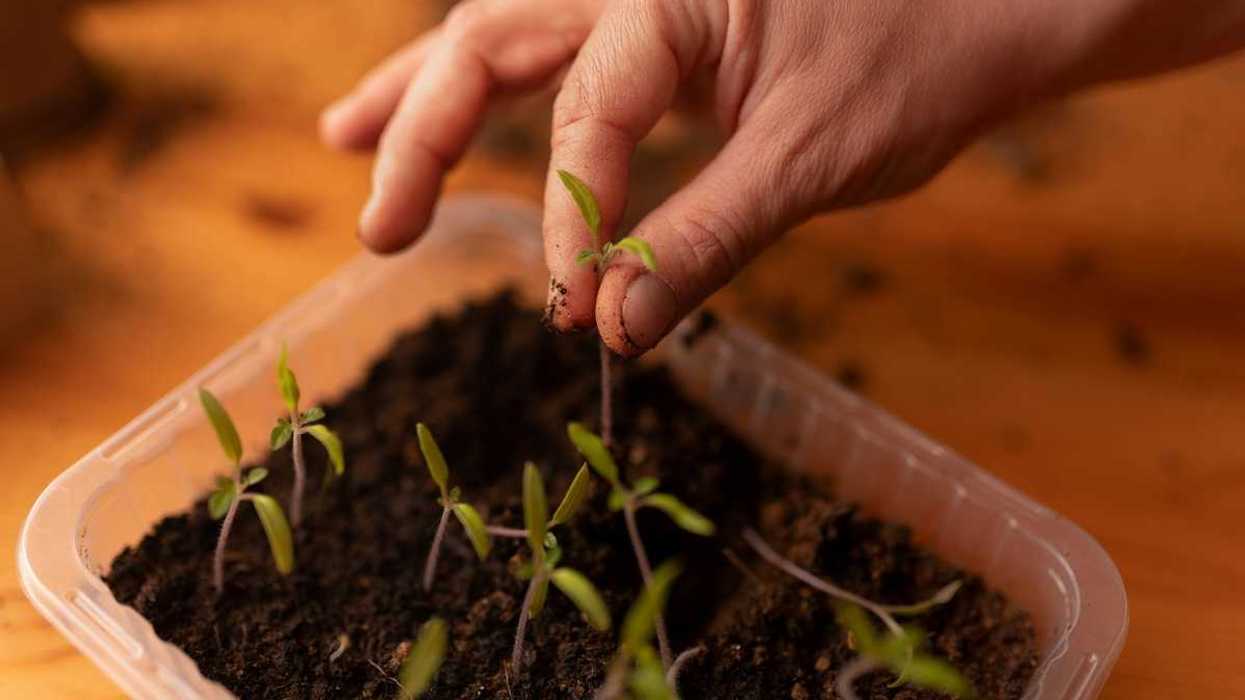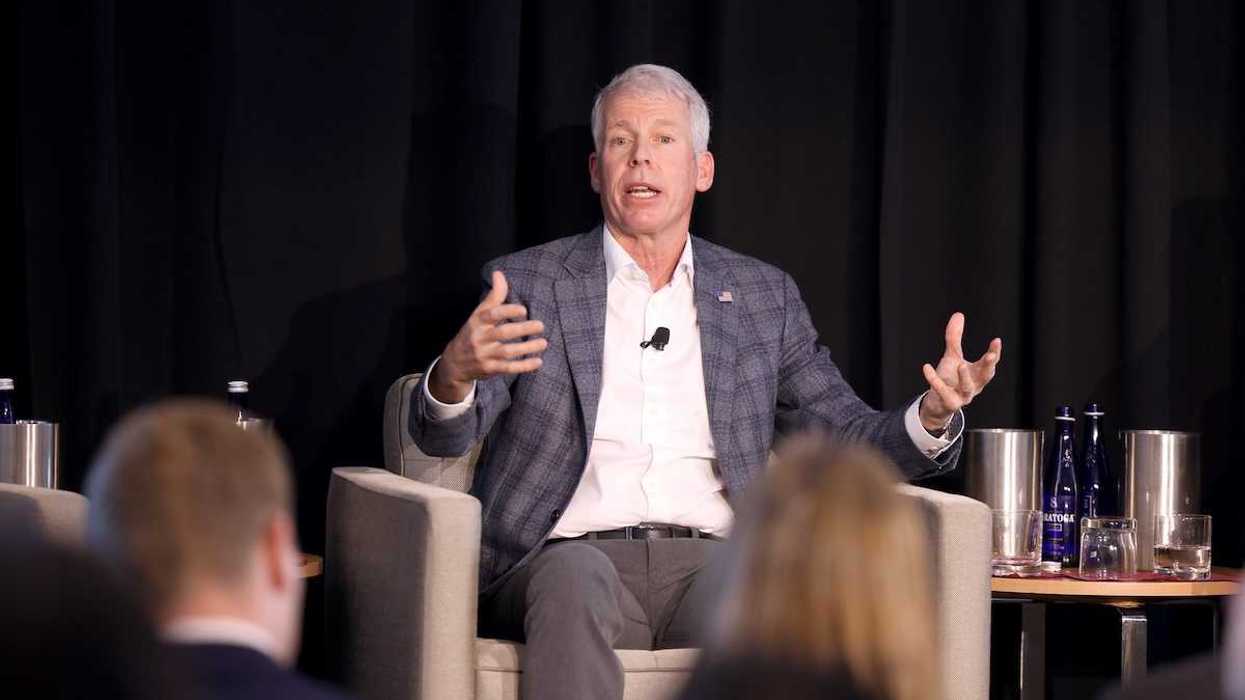A new report highlights the disparity between the billions spent on nuclear arsenals and the meager funds allocated for compensating victims of nuclear weapons testing.
Alicia Sanders-Zakre and Susi Snyder wirte for Bulletin of the Atomic Scientists.
In short:
- In contrast to the $51.5 billion the US spent on nuclear weapons in just 2023, only $2.67 billion has been spent on compensating test survivors in the 25 years since the Radiation Exposure Compensation Act (RECA) was passed in 1990.
- A proposed expansion of the RECA aims to include more affected communities and reduce the program's overall cost.
- International efforts for nuclear compensation, such as the Treaty on the Prohibition of Nuclear Weapons, stress the need for collective action to address nuclear harm.
Key quote:
"The exorbitant funding poured into producing and maintaining weapons of mass destruction—as those who have borne the brunt of their impacts are dismissed—constitutes a gross dereliction of duty by the nuclear-armed countries."
— Alicia Sanders-Zakre and Susi Snyder, The Bulletin of the Atomic Scientists.
Why this matters:
Properly compensating nuclear survivors addresses the severe health impacts and injustices faced by affected communities. Current compensations do not address the multifaceted harms of nuclear testing, which include the psychological and economic toll of displacement and the deprivation of traditional ways of life. Read more: Is the toxic legacy of the Iraq War deforming children near US bases?


